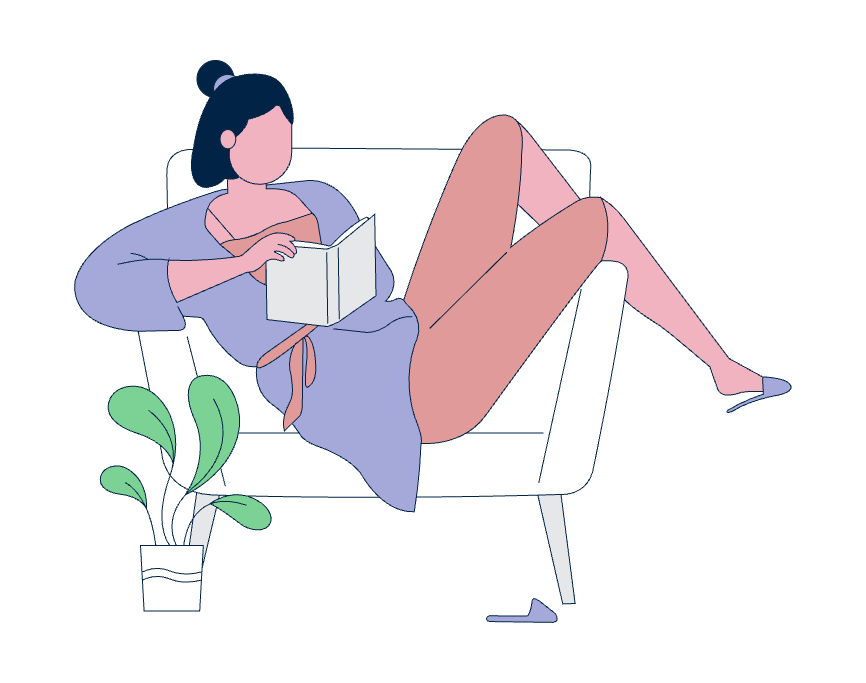You may have seen the recent news article about an exhausted Boston nurse who accidentally drove off the top level of the hospital parking garage at the conclusion of her shift.
For many of us, our empathy for her may be accompanied by a fear for ourselves, a knowledge that we too are so fatigued that something similar could happen in our lives.
While there is no foolproof strategy for excellent sleep under all circumstances, there are a number of tactics that can help improve it.
- Establish a regular bedtime routine. When you consistently do the same things in the same order before bedtime, these things serve as cues to your body to begin to prepare for sleep.
Many children have a sleep routine to which their parents are committed (think of the term “bedtime story” for example). Yet as we get older, we abandon the routines and practices that helped us promote sleep when we were younger. While the steps in the routine may be different, it is the fact of the routine itself that remains important.
- Try taking a hot shower or a hot bath before bed.
- Attend to the environment. Invest in blackout shades and/or an eye mask and keep your sleeping area cool (around 65-68 degrees Fahrenheit). Even a low level of light can cause unwanted awakenings, as can surroundings that are too warm. A white noise machine or earplugs can help block out sounds that disrupt sleep. If you don’t need it on, consider turning your phone off.
- Along those lines, try to avoid blue light for at least an hour before bed. Even blue light blockers and brightness adjustments are insufficient to counteract the negative effects of blue light on your sleep schedule. If you read before bed (a common and effective strategy for winding down), do it with a physical book or magazine rather than an e-reader.
- Avoid caffeine for at least several hours before you plan to try to sleep. If you are particularly sensitive to the effects of caffeine, you may need to extend the time for which you are abstinent. Experiment to find what works best for you.
But what about problems staying awake when you need to do so? It can be tough not to reach for that cup of coffee or energy drink when we need to perk up now. Try drinking water instead or having a high-protein snack. You can also consider moving your body for a few minutes or listening to an energizing song. If time and circumstances allow, a brief nap can be helpful.
- But take care to nap wisely. A short nap (fewer than 20 minutes) can re-energize you, but a longer nap is likely to make you feel groggy. And napping too close to bedtime can further disrupt your sleep, creating or maintaining a negative cycle of sleep problems.
- Avoid the temptation to continue looking at the clock.
Most of us have been there. We’re trying to fall asleep, but sleep simply won’t come-so we keep checking the clock, mentally counting down the rest that we will not be getting (“if I don’t fall asleep in the next 10 minutes, I’ll only get 5 hours of sleep,” etc.). Constantly looking at the time only makes it harder to sleep, as we add sleep anxiety to whatever anxieties are already interfering.
As sleep expert Dr. Anne Bartolucci says: “sleep is a cat, not a dog.” Enthusiastically calling it will prompt it to move further away. But if you turn sideways to it and avoid giving it your full attention, you will find that it comes to you more readily.
- Keep a notepad by the bed so you can write down any thoughts or worries that interfere with sleep.
You know how you can complete a stack of charts, but those unfinished notes weigh heavily on you?
This is a manifestation of the Zeigarnik effect, our tendency to remember incomplete or interrupted tasks more than we remember completed ones. The Zeigarnik effect was first observed by Russian psychologist Bluma Zeigarnik, who noticed that service staff at a restaurant could remember orders that were incomplete but had a far more difficult time remembering orders once the bill was paid and the transaction concluded.
When we write down our incomplete tasks, we can stop or reduce the endless mental reminders. The task or concern is no longer “on our minds;” it’s on the paper.
- At awakening time, stay away from the snooze button. After a period of poor sleep and seemingly endless tossing and turning, the wake-up alarm can be truly aversive. But trying to snatch an extra few minutes of shut-eye won’t actually help you feel better-rested.
I want to leave you with a final thought about improving your sleep. Sleep is a basic human necessity and not something that you need to earn or give yourself as a reward (“when I finish this project, I’ll take some time to rest” for example).
I don’t need to know you to know this: you are already enough.

Leave a Reply